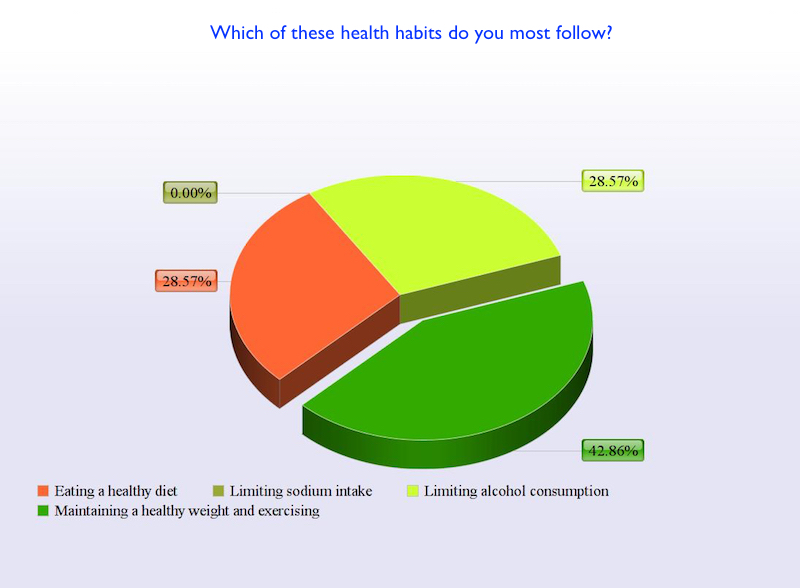
A multiyear commitment to a gym? Forget about it. A James Bond movie marathon? No way.
To make stress management succeed, you have to make it a priority. But doctors are notorious for putting their needs last because the whole point of being in medicine is to help others, says Deb Wood, PhD, senior consultant and certified employee assistance professional with Minneapolis-based VITAL Worklife, a national behavioral health consulting organization. The trick is finding something you’ll actually do, then giving yourself permission to follow through.
If a gym membership sounds too daunting, for example, how about a walk around the block after dinner, Dr. Wood suggests. Instead of trying to squeeze in a movie marathon, ask yourself if you have an hour and a half for one movie, or even an hour to share a short movie with your children. A key to ensuring you have enough time is to remember to say no once in a while at work.
“Make [stress management] realistic and comfortable,” adds Dr. Wood.
Just setting aside one hour a week may be enough, depending on your level of stress. For some people, one hour can serve as a building block to making more time for yourself.
For example, Dr. Wood worked with a 60-year-old physician who recognized she needed stress management but who had nixed the gym idea. Instead, Dr. Wood suggested the physician go to a nearby Barnes & Noble, get a cappuccino and read a magazine. She did and now makes time for that break weekly.
“For her, it was enough to give her permission to do more,” Dr. Wood says. It led the physician to consider joining a book club with her female colleagues.
“Select goals that are measurable but also reachable so you get some success,” Dr. Wood advises. “If you join the gym and end up not going, you’re sabotaging yourself. But if it’s walking the dog around the block once a day, that’s doable.” Perhaps the next step will be calling a friend and walking the dog for two blocks.
When making time for yourself, consider how much time you spend on social media and whether or not it’s valuable for you, says Peter Moskowitz, MD, executive director, Center for Professional and Personal Renewal, Palo Alto, Calif.
“If you spend three hours a day on Facebook, don’t complain that you have no time for anything,” he says.
Follow these five tips to help figure out if you are managing your time correctly.
Other ways to reduce stress include following healthy habits. Here’s what some of our readers do.



















 Facebook
Facebook
 LinkedIn
LinkedIn
 Twitter
Twitter
 Pinterest
Pinterest